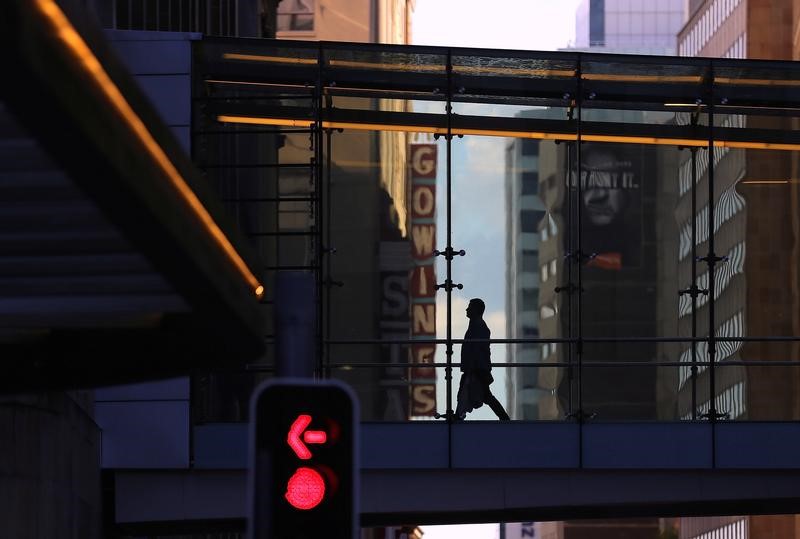Pay hikes were more attractive in the public sector

SYDNEY (Reuters) — Australian wages are rising at their slowest pace on record at a time when household debt has climbed to an all-time peak, putting a lid on spending and a drag on the course of inflation.
The Australian Bureau of Statistics (ABS) said on Wednesday that its wage price index rose just 0.5 per cent in Jan-March, matching forecasts and compared with a similar reading the previous quarter.
Annual wage growth held at 1.9 per cent, the lowest on record. That was less than half the wage growth rate workers enjoyed a decade ago when a mining boom boosted pay across Australia.
The slowdown has contributed to an unwelcome decline in underlying inflation, which is below the Reserve Bank of Australia's (RBA) target band of 2-3 per cent and has led to two interest rates cuts last year to a record low of 1.5 per cent.
The central bank is worried about surging household debt alongside skyrocketing property prices at a time when income growth has slowed.
Households burdened by heavy mortgage debt have a reduced appetite for consumption, making the transmission of monetary policy weaker, RBA Governor Philip Lowe said earlier this month.
The central bank has argued that wage growth has finally bottomed, with its liaison with firms suggesting the constant downward pressure on labour costs was easing. It also expects underlying inflation to pick up by early 2018.
It sees wages rising gradually in line with an improvement in the jobs market and the end of the drag on growth from a slump in mining investment.
Yet there was scant sign of a pick-up in Wednesday's report. Not a single industry from manufacturing to healthcare raised wages more than 2.3 per cent annually. Even mining has lost its Midas touch, with workers getting an annual rise of only 0.6 percent.
Wage hikes were more attractive in the public sector at 2.4 per cent compared with 1.8 percent in the private sector.




